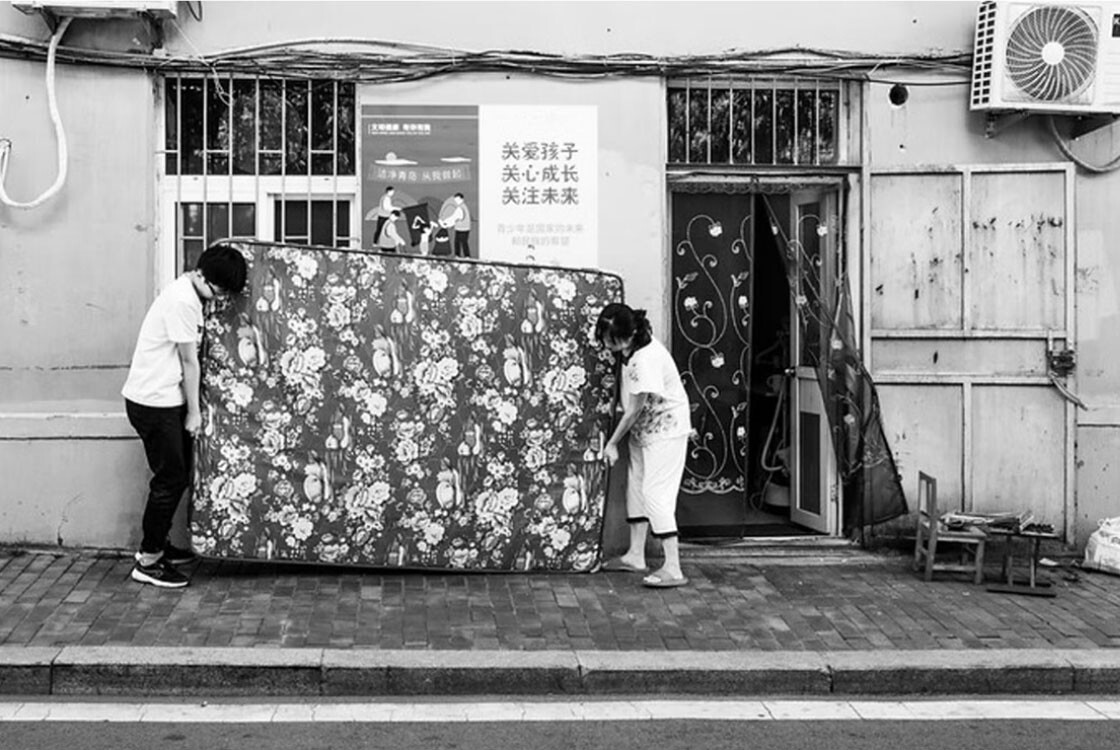Wanted: new technology to recycle old mattresses

The pursuit of a good night’s sleep is doing bad things to the environment
The pursuit of a good night’s sleep is doing bad things to the environment — at least judging from the number of used mattresses that end up in landfills. Bulky and hard to compact, an estimated 20 million mattresses end up in landfills annually in the United States, with each taking up to 40 cubic foot of space. To deal with mattress wastage, governments around the world have introduced different ways of encouraging mattress recycling — from funding recycling programmes to outright mattress disposal bans.
The process of recycling mattresses faces a few challenges, including the labour-intensive process of dismantling them and the difficulty of recycling polyurethane foam (which is one of the key mattress components, as foam mattresses have been overtaking the popularity of traditional box spring ones). New recycling technologies have been emerging to address these challenges. For example, in California, researchers are developing a machine to separate the metal coils from the polypropylene pockets without destroying either material.
As for polyurethane foam, most of the current recycling methods are mechanical, for example, the material is chipped off the old mattress and sent to become carpet underlay.
The new frontier is in developing new chemical recycling methods so that the foam can processed and turned into raw material. In Semoy, France, the Renuva Mattress Recycling Programme is Europe’s first mattress recycling plant that chemically treats end-of-life foam to give it new life as raw material for insulation boards and new mattresses.
In Singapore, the mattress recycling sector is still relatively underdeveloped. There are no figures on the number of mattresses being discarded annually, and there is no dedicated furniture recycling centre.
Deeper efforts for a zero-waste supply chain
Furniture giant Ikea is one of the few companies that used to offer a recycling option of removing used mattresses and sofas for a small fee. These mattresses are then donated to partner charities if reusable, otherwise they are disassembled and recycled. But the Covid-19 pandemic has halted this service, a check by Eco-Business revealed. Overall, there is ample room for developing new and more sustainable methods of processing used mattresse
To develop new technologies to reduce waste, solution providers in Singapore and beyond can tap on The Greentech Accelerator, a new initiative designed by The FinLab, an innovation accelerator run by Singapore’s United Overseas Bank (UOB).
The global programme which launched today aims to support innovative greentech small and medium enterprises (SMEs) that focus on areas such as zero-waste supply chain, energy efficiency, and carbon management and reporting. The three-month programme includes up to S$150,000 funding. Successful applicants will also receive valuable insights through educational environmental, social, and governance (ESG) and business masterclasses, talks and webinars.
Shannon Lung, head of The FinLab, says, “According to the 2022 UOB SME Outlook Study, 45 per cent of SMEs surveyed believe having a sustainable core will benefit their business with multinational companies that are now working towards their own sustainability goals. However, many small businesses have raised concerns about a lack of knowledge and limited resources.
“The Greentech Accelerator aims to respond to this challenge by mentoring innovative greentech solutions from around the world to offer relevant, deployable and cutting-edge solutions to meet the ESG needs of SMEs and businesses locally and overseas.”
To promote a zero-waste supply chain, textile recycling is another key sector that requires urgent innovation. The textile industry is among one of the world’s worst polluters. Globally, 75 per cent of textiles end up in landfill, 25 per cent is recycled or reused and less than one per cent is recycled back into clothing, according to a MacArthur Foundation report. This makes the need for textile waste recycling technologies crucial in diverting waste from landfill.
“Over the last five years, pressure on the fashion and textiles industry is growing to embrace sustainability and the circular economy more deeply beyond greenwashing,” said Professor Seeram Ramakrishna, director of the Centre for Nanofibers and Nanotechnology at the National University of Singapore. “Certain textile companies, not the whole textile industry, have announced plans to be carbon neutral by 2050.”
New measures range from switching to renewable energy sources and ensuring the circularity of water and chemicals through to environmentally benign processes. Additionally, major global fashion brands have implemented various circular economy measures, such as making garments made from recycled materials.
In recent years, there are some promising signs of more new businesses focusing on recycling apparel. One of them is I:CO, a global solutions provider dealing with the circular economy for clothes and shoes. It works with international clothing and shoe companies, including H&M and Adidas, to place collection boxes in stores for unwanted clothes and shoes. These items are then sorted to be reused, recycled within the garment industry or recycled for industrial purposes. Collection points can be found in H&M stores across Southeast Asia, with a sorting plant that uses innovative recycling technologies in Malaysia.
In Singapore, a meagre 4 per cent of textile waste produced in 2020 was recycled, a rate Prof Seeram calls “abysmal”. This resulted in a staggering 131,000 tonnes being disposed of, according to figures from Greensquare. The Singapore-based company aims to change this and has set a target to increase the percentage of recycled textiles to 14 per cent by 2030. To achieve this, it provides free textile recycling services to households and organisations across the island-state.
“There must be deeper efforts for the fundamental transformation of the textile or fashion industry,” Prof Seeram told Eco-Business. This includes redesigning textiles from mono-materials and switching from harmful to sustainable chemicals.
Additionally, molecular labelling of fibres would enable sorting and segregation for effective waste management and recycling, and other measures such as sourcing materials closer to home and trading in fossil fuel-derived raw materials for sustainable feedstocks. But Prof Seeram believes that there is still “a lack of adequate investments in scaling up of textile recycling plants and the industry is not embracing frontier technologies”.
While companies such as TOMRA, which operates advanced collection and sorting systems, and Security Matters, a pioneer of molecular labelling, are innovating the space, Prof Seeram said more technologies need to be embraced to clean up the sector. Funding and support schemes need to be provided too, to push for innovative transformation of the sector.
The Greentech Accelerator is open to all innovative greentech startups and SMEs with a Technology Readiness Level (TRL) of six and above, focusing on the themes of energy efficiency, zero-waste supply chain, and carbon management and reporting. The companies should have an interest to expand to Singapore or Asean.
The programme is accepting 10 companies for its pioneer cohort. Applications are open until 12 July 2022. Interested parties can register here.
The original article was posted on www.eco-business.com


